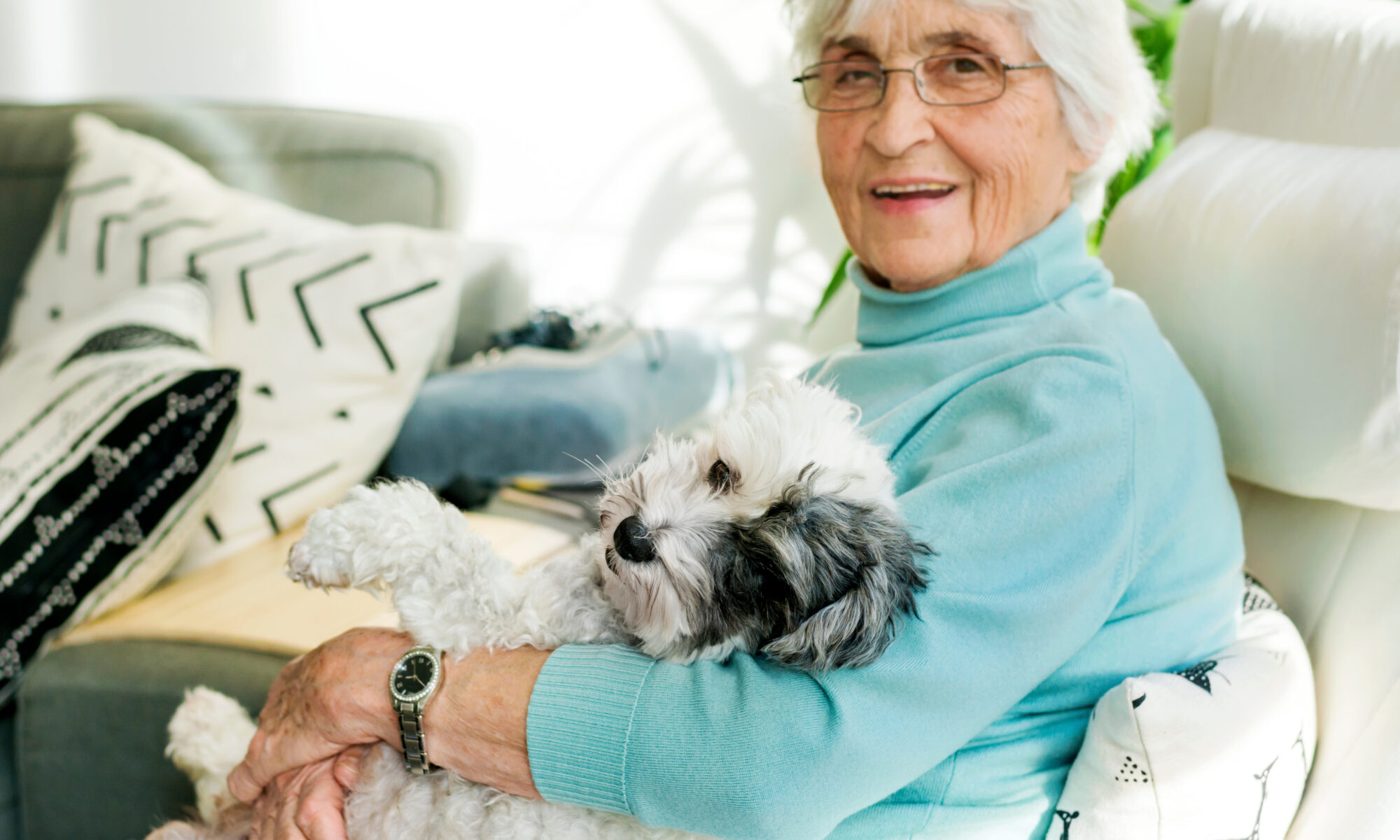
Table of Content
Pets hold a special place in many people’s lives, providing comfort, companionship, and emotional support. For individuals with dementia, pets can serve an even greater purpose, alleviating symptoms and enhancing daily living. Let’s explore how pets can play a vital role in enhancing quality of life for dementia patients.
Companionship and Emotional Support
One of the biggest challenges for people with dementia is the feeling of isolation or loneliness. Pets can fill this gap by providing consistent companionship. The unconditional love and affection a pet offers can be a comforting presence in the lives of dementia patients, especially for those who may otherwise feel disconnected from their surroundings or loved ones. Simply petting a dog, listening to a cat purr, or watching fish swim in an aquarium can provide a sense of calm and emotional stability.

Stress Reduction and Enhanced Mood
Interacting with pets has long been known to reduce stress hormones like cortisol and increase the release of feel-good hormones such as serotonin and oxytocin. For dementia patients, this can reduce agitation, restlessness, and episodes of anxiety. Spending a few minutes each day cuddling or playing with a pet can provide much-needed relaxation while boosting overall mood.
Having a pet is known to boost quality of life, but seniors with dementia often require additional assistance to remain healthy and happy. Many older adults are choosing to age in place, and some need a helping hand to continue living at home safely and comfortably. Luckily, there is professional in-home care seniors can trust and rely on.
Cognitive and Physical Stimulation
Pets encourage dementia patients to remain active, both physically and mentally. Walking a dog or engaging in playful activities can boost physical health and help seniors maintain mobility. Additionally, taking care of a pet, even in small ways like feeding or brushing the animal’s fur, stimulates cognitive functions such as memory and focus. These activities may slow the progression of the cognitive decline commonly associated with dementia while keeping seniors engaged and mentally stimulated.
Interacting with pets isn’t the only way older adults can receive mental and social stimulation. Families who need help caring for senior loved ones can turn to Assisting Hands Home Care, a leading provider of Cincinnati elder care. Services available in our customizable care plans include meal prep, mental and social stimulation, assistance with personal hygiene tasks, and much more.
Creating a Routine
For those with dementia, maintaining a consistent daily routine can provide structure and reduce confusion. Pets naturally create a sense of routine as they require care at specific times, such as regular feeding schedules, walk times, or grooming. This predictable routine can bring stability and a sense of purpose to the lives of dementia patients, giving them a focus and a sense of accomplishment in their daily lives.
Social Interaction and Community Engagement
Pets often serve as conversation starters, providing an easy way to engage with others. For dementia patients, this can lead to meaningful social interactions that might not otherwise happen, whether it’s talking about their pets with family, neighbors, or healthcare providers. Pets offer a shared point of connection. Community pet-assisted therapy sessions or group activities involving animals can further enhance opportunities for interaction and reduce feelings of isolation.
Aging in place can present a few challenges for seniors living with dementia. However, they can still live independently at home with the help of professional dementia care. Cincinnati families can rely on Assisting Hands Home Care to provide their elderly loved ones with mental and social stimulation, timely medication reminders, assistance with meal prep, and much more. Our caregivers are available around the clock to help your loved one live a happier and healthier life. For more information about our flexible, customizable home care plans, call one of our compassionate Care Managers today.






